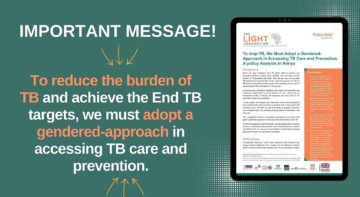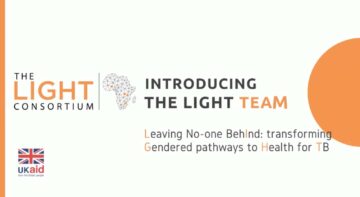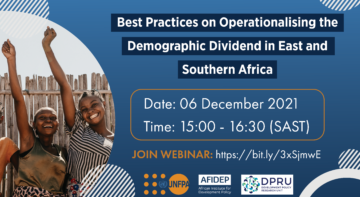Towards greater accountability: Transforming cultures of organisations
On December 6, 2019, the National Planning Commission (NPC) in Malawi in collaboration with the African Institute for Development Policy (AFIDEP) hosted the 3rd eminent speaker’s series in Lilongwe Malawi. The theme of the event, Towards greater accountability: Transforming cultures of organisations, explored ways governments and organisations at large can accelerate the transformation of Africa’s development through governance and accountability.
The event featured guest speaker Professor Francis Dodoo, Chair of the Board of Directors at AFIDEP who explained critical ways through which institutions can uphold governance and accountability.
Mindset change: Africa’s future is bright and Africans can attain socio-economic development if they take charge and own the process. “We cannot rely on development partners to do it for us. The responsibility to develop our own land is no one else’s but ours. And if we choose not to do it for ourselves, can we please think about our children and grandchildren?” Prof Dodoo said.
Pursue excellent leadership: He urged all to pursue excellence in their work and aim to leave institutions and people better than we find them. “We are losing a whole generation of middle-class children to the diaspora,” Prof Dodoo explained, if we want them to come back home and build Africa, then we have to create better prospects for them here at home. On excellence in leadership, he said it was important for those in leadership to strive for people to perform better and smarter than them. “In every office, I have worked, I have hired people smarter than me or helped people get beyond me. The magic result is that the organization does much better than it would if I had hired people who allowed me to remain the smartest person.”
Integrity: He called for integrity in the management of resources. “We cannot continue to use institutional or national resources without thinking or realizing that these are our own resources. We see people spend on procurement in ways that they wouldn’t if it was their own money.”
Related Multimedia




